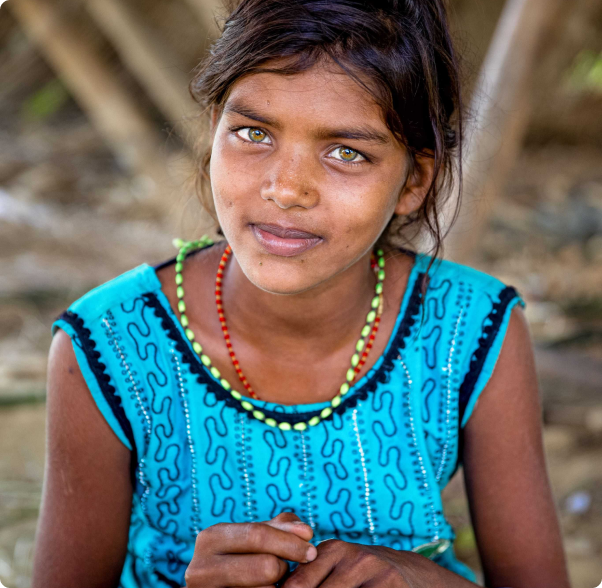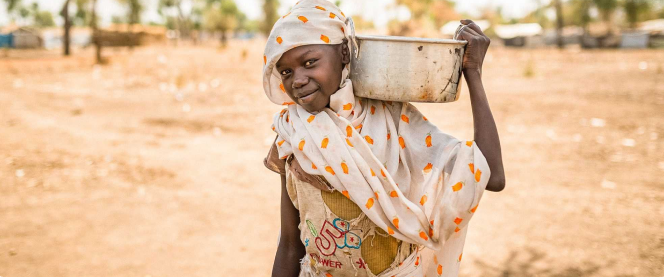Summary
Tens of thousands of tropical coastline miles hem in the world’s largest archipelagic state of Indonesia. With over 17,000 islands separating the Indian Ocean from the Pacific, Indonesia and its people are as numerous as the islands themselves, and it stands as the fourth most populous country in the world. Unity proves to be a constant challenge as over 722 languages are spoken and people are scattered across 6,000 islands varying in composition from rural fishing villages to highly metropolitan mega cities. The 2004 undersea earthquake and tsunami, which left over 220,000 either dead or missing and displaced millions more, established a tragic sense of unity, yet challenges remain.
From the early 16th century until the mid 1940’s, Indonesia found itself at the center of colonization and imperialism. The Portuguese, Dutch, British, and Japanese all took turns as uninvited rulers of Indonesian lands, but the nation gained independence by 1945. A 1965 communist coup brought General Suharto into power, and while the economy flourished for periods of his thirty-year reign, Suharto was an oppressive dictator who led with little regard for his people. Riots and a collapsing economy ended Suharto’s rule in 1997 and ushered in a time of reconstruction. In 1999, the first free and fair legislative elections were held and the economy has subsequently begun its climb upwards.
Persecution is a reality for many believers in Indonesia, the most populous Muslim nation in the world. While only 15% of the population claim to follow Christ, the church in Indonesia is experiencing profound unity as a result of persecution, and mission organizations are growing in number, reaching many through evangelistic endeavors. Indonesian believers also face a unique challenge as many of their neighbors are in geographical transition due to large-scale resettlement projects, migration, and forced relocation due to natural disasters. However, the emergence of Indonesian as the national language has allowed the Gospel to be communicated across ethnic and geographic borders as never before.




